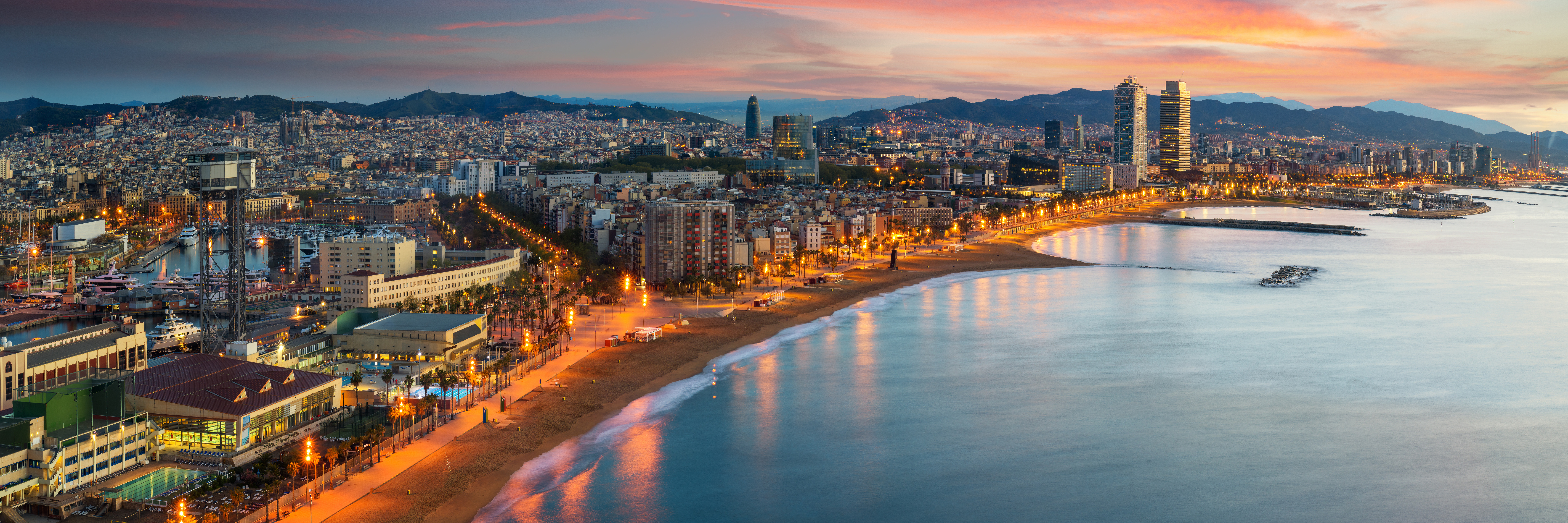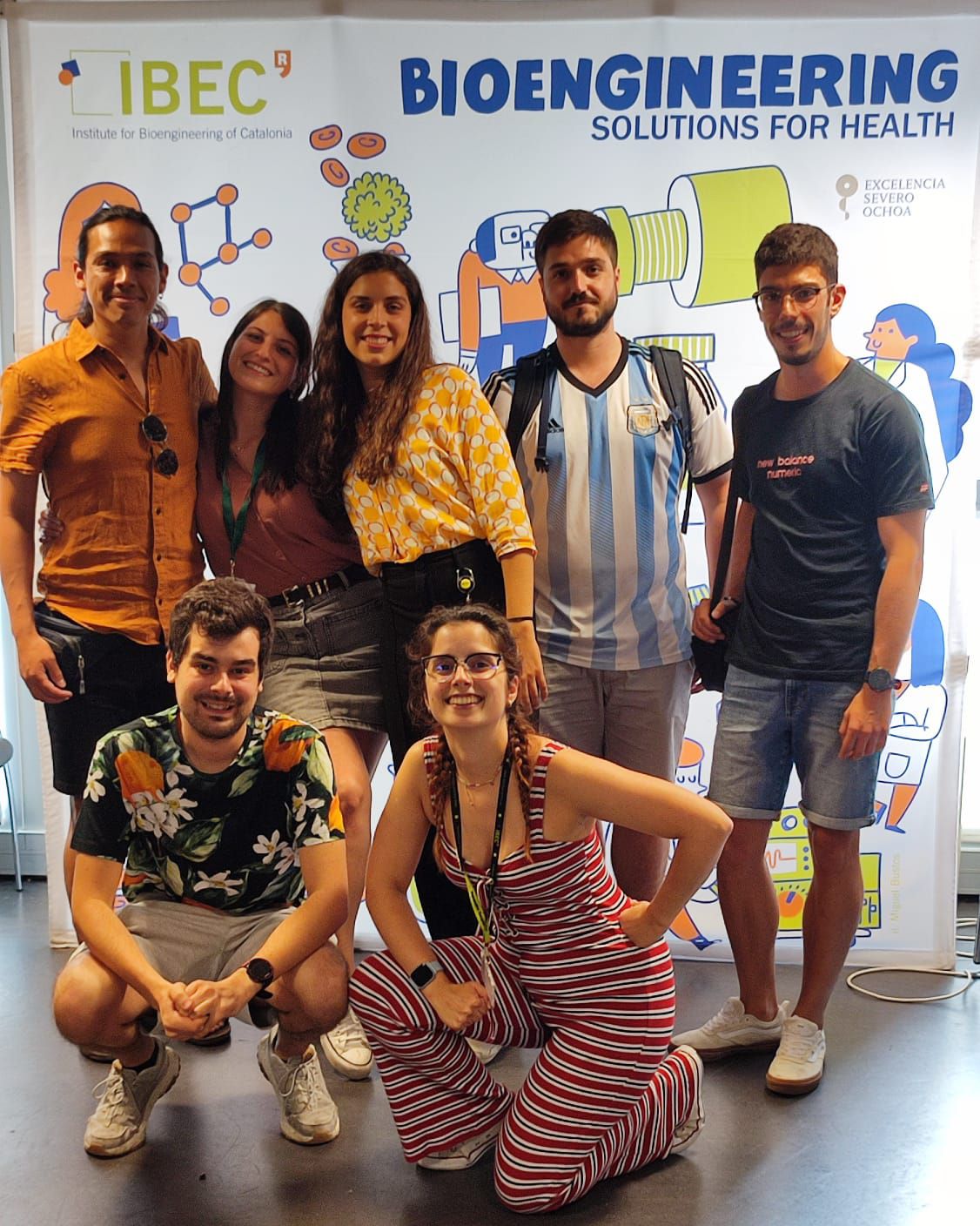Lucía Morillo Victorero spent eight months at the Institute for Bioengineering of Catalonia (IBEC)
The outstanding research teams working on Organ-on-a-Chip at the Institute brought her to Barcelona for her master's thesis.
Field of study: MSc Pharmatechnology
Stay abroad: MSc thesis
Host institution: Institute for Bioengineering of Catalonia (IBEC)
Semester: Fall 2021/Spring 2022
What made you decide, what motivated you to go abroad?
Previous positive experiences in working in science at different cultural environments. Great opportunity to explore scientific fields and learn new techniques in a relevant institution.
Why did you choose your host institution/country?
My host institution was in my home country, being a great opportunity to create a scientific network there. In addition, one professor of FHNW recommended the Institute of Bioengineering of Catalonia as it has outstanding research teams working in Organ-on-a-Chip, a field of great interest to me.
What is your everyday life like? What does a typical day at the host institution look like?
On a typical workday, I arrived at the lab in the morning and checked that my cells were in order. If everything was in order, I went to the building's terrace for breakfast with my lab colleagues. Then I worked on my planned experiments such as device production, imaging characterization, cell seeding... During the long incubation periods, I had time to analyze the data and learn from my colleagues' projects. On Wednesdays and Fridays, I attended IBEC seminars or lab meetings, and from time to time I worked with our project partners at the Clinic Hospital of Barcelona, where I could also learn more about the biological aspects of our project.
Tell us about your research and your research findings during your residency.
My research consisted of the development of an artificial portal vein on a chip. The main objective was to mimic a portal vein to study thrombosis, a frequent issue in cirrhotic patients. The reason or mechanisms for thrombi formation in the portal vein in cirrhotic patients is still unknown, as well as an effective treatment for them. With this aim I developed and optimized some protocols and characterization techniques to assess thrombi formation in a prototype microfluidic device. I expanded human endothelial cells of the portal vein of cirrhotic patients. I coated the microchannel with these endothelial cells and perfused it with whole blood at different parameters.
What surprised you the most about your stay abroad?
Very inclusive and open team. We organized activities together from the first week I arrived, traveled, and helped each other in our different research projects.
What tip would you like to give to future exchange students?
8 months go by really fast, and it takes some time to get involved in a new project. Ask the people working there for training and advice. Usually everyone is willing to help you, and you can learn additional things offered by the facility.
Unsere Studierenden profitieren von der internationalen Vernetzung der Hochschule für Life Sciences. Ein Auslandsaufenthalt bei unseren Partnerschulen ist bei Bachelor- wie auch Master-Studierenden sehr begehrt. Nicht nur, um den persönlichen Horizont zu erweitern, sondern auch, um neue soziale und kulturelle Kompetenzen zu erwerben.
Im Rahmen unseres Masterprogramms können ausgewählte Studierende durch ein zusätzliches Semester an einer unserer Partnerschulen, zwei Diplome erhalten. Das Double-Degree Programm ist besonders attraktiv für Masterstudierende, die anschliessend eine Promotion anstreben. Weitere Details zum Double-Degree-Programm finden Sie hier.

